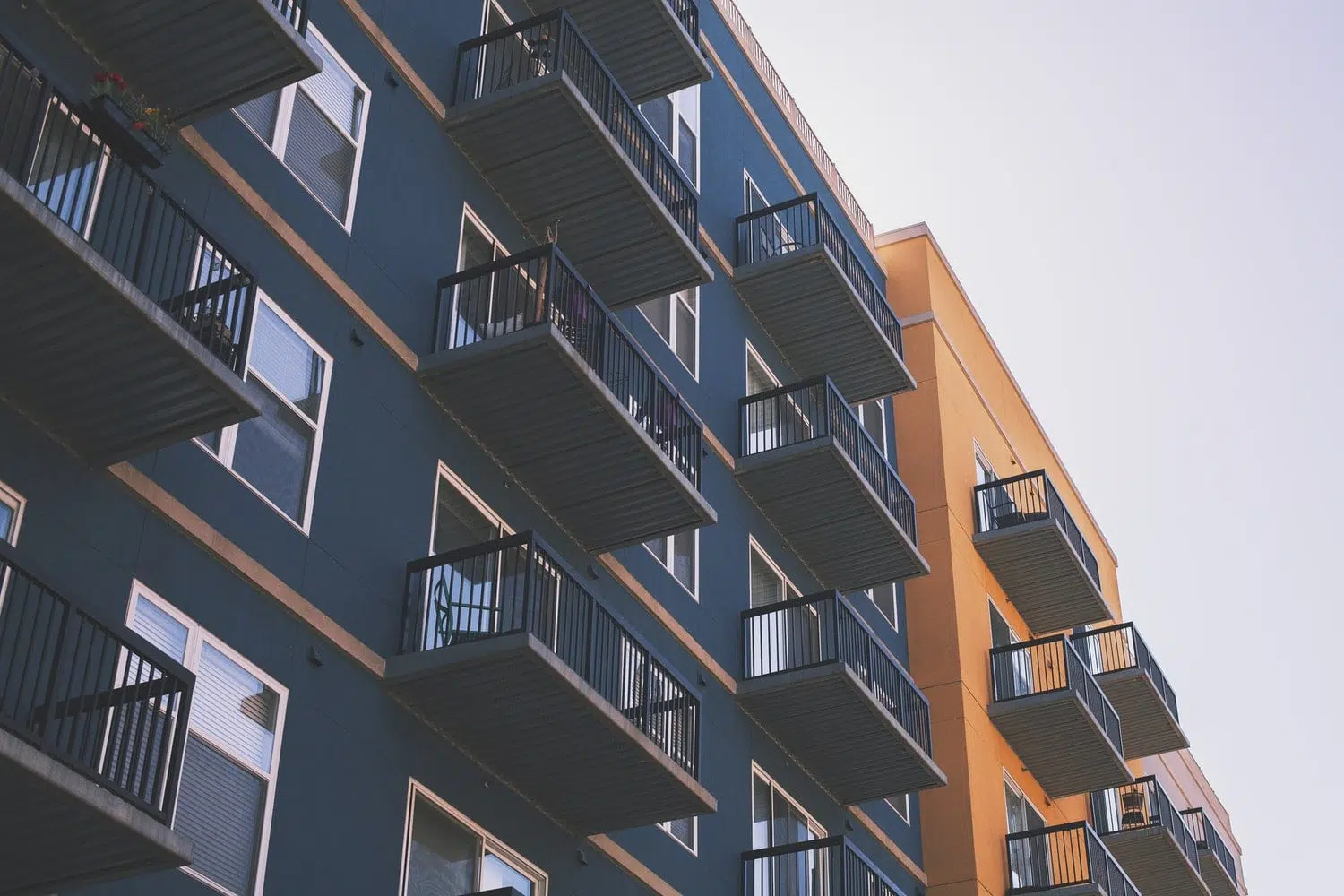What Happens When You Buy Another Property Before Selling Your Own?

Table of contents
When selling your own property and buying another, timing is everything. Of course, the ideal situation would be to sell your own property (or to have a firm offer on it, at least) before purchasing another.
But, life is life, and things don’t always work out the way they should. Maybe you visit a property on a whim, just for the fun of it, and you fall in love with it. Next thing you know, you’re signing an offer on it.
But one must be weary when making this type of decision. There is a certain level of risk associated with buying a property before you’ve sold yours. It can get problematic and expensive if things don’t work out according to plan.
Let’s look at the implications of purchasing a home before selling yours.
Are you a first-time buyer?
Qualifying for a Second Mortgage
Typically, when applying for a new mortgage loan, borrowers will receive offers from lenders contingent on the full reimbursement of their current mortgage loan. In this case, the lender will not release the funds for the new property before the borrowers sell their current property.
But what happens when you buy another property before selling your own?
Well, lenders will want to know that you will be able to make the monthly payments on both of your mortgages. To determine this, they will look at your credit history, of course. But, more importantly, they will look at your income—do you take home enough money every month? – and your debt-to-income ratio. If you’re already up to your neck with car payments, student loans, credit card debt, and other debts, there’s a good chance lenders won’t add to that list by letting you take out a second mortgage.
Furthermore, a second mortgage may make it more difficult for borrowers to pass the stress test mandated by the federal government.
And let’s not forget about mortgage loan insurance. The CMHC does not insure second mortgages; you’ll have to check with other insurers. Should you fail to qualify for mortgage loan insurance, you will need to have a down payment of at least 20% of the purchase price of your second property.
Carrying Two Mortgages
Think having one mortgage is expensive? Well, try doubling that. Don’t forget: there’s more than just mortgage payments. You’ll be paying two homeowner insurance policies, two sets of property taxes, energy bills, additional closing costs, a land transfer tax, etc.
The longer the sale of your own property drags on, the more expensive the whole venture gets. And the more expensive it gets, the more likely you are to drop the asking price on your current property to sell it faster, losing more money in the process.
Bridge loans
In hot real estate markets, such as Montreal, Toronto, or Vancouver, things move at the speed of lightning. Houses sell before they even hit the open market.
Because of this, buyers are often thrown into a bidding war where they must waive certain conditions when making an offer, such as building inspection and financing clauses. All while hoping their current property sells quickly.
When the dust has settled, buyers will often realize that the purchase closing date comes before the sale closing date.
What are they to do then? They purchase a bridge loan.
A bridge loan is a short-term solution designed to help you “bridge” the gap between the time you purchase your new property and the time you sell your current one.
The length of a bridge loan will typically be six months although it can be as short as 90 days and go up to 12 months or even longer. To be eligible for a bridge loan, you must have a firm, unconditional sale agreement in place on your existing home.
Because of the elevated risk associated with this loan, interest rates on a bridge loan will typically be higher than conventional mortgage loans. However, this additional cost can be offset by the shorter term of a bridge loan.
Terms and conditions can differ from one lender to another. Check with your Nesto.ca mortgage expert to find out the exact details of bridge loans.
Prepayment Penalties
If selling your current property to purchase a new one means you’re breaking your existing mortgage loan, you can expect to pay a prepayment penalty on this loan. The amount of this penalty depends on the product you purchased and the time remaining on the term.
Not sure about your prepayment penalties? We can go over your mortgage and help you with that.
Red hot rates impacting your housing market experience?
With nesto, you can get a low rate with a 150-day hold.
Is Your Current Mortgage Portable?
When you purchased your current mortgage loan, you may have been given a portability option.
With a portable mortgage, you can transfer the balance on your mortgage to a new property, with the same lender, without incurring penalties.
Let’s say Mr. Smith has a home with a $350,000 mortgage, at 4% interest, on a 5-year term and a 25-year amortization period. At the end of the term’s second year, Mr. Smith gets a job in another city and the family must move.
Since Mr. Smith purchased the original mortgage loan, prevailing interest rates have jumped to 6%. If he were to take on a new mortgage today, Mr. Smith would incur stiff prepayment penalties and a higher interest rate on his new mortgage.
Instead of this, Mr. Smith can use the portability option on his current mortgage.
The interest rate will remain at 4%, there will be no prepayment penalties and there will be 3 years left on his mortgage term. All Mr. Smith will pay are a few hundred dollars in bank fees.
A portable mortgage option can be very helpful if you purchased your current mortgage loan at a lower rate than what is available at the time you want to buy a new property.
You might be able to avoid paying many of the costs associated with buying a new mortgage. Note, however, that there may be an appraisal for the new property, as the lender may want to make sure the loan-to-value ratio meets their requirements.
Be Quick
Yes, the real estate market is hot in many Canadian cities. Buyers can no longer rely on having the necessary capital for a down payment; they need to react quickly when they find a property to their liking.
For buyers who currently own a property that means taking the risk of carrying 2 mortgages.
As you can see, it is possible to do so. There are conditions to respect, and costs attached to it, but this option should not be rejected right off the bat.
Just be cautious and make sure you can live with the added risk.
You can always contact a Nesto.ca mortgage expert to look at this option with you.
Ready to get started?
In just a few clicks, you can see our current rates. Then apply for your mortgage online in minutes!















